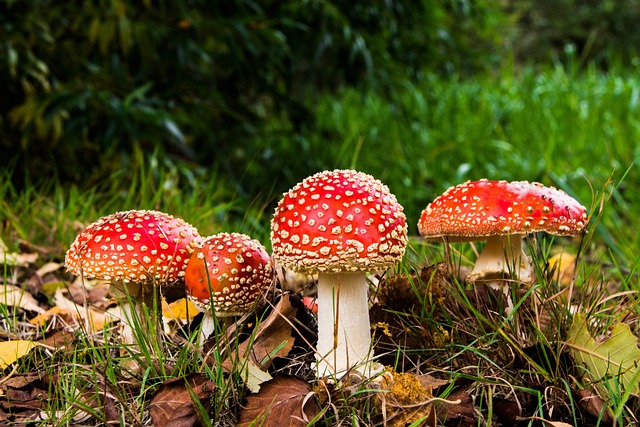Discovering the Gut-Brain Connection: How Probiotics Can Improve Mental Health
Probiotics, commonly known as “good bacteria,” have gained significant attention in recent years for their role in improving gut health. However, emerging research suggests that the benefits of probiotics go beyond the digestive system. Scientists have discovered a fascinating connection between the gut and the brain, known as the gut-brain axis.
The Gut-Brain Axis: Understanding the Connection
The gut-brain axis refers to the bidirectional communication between the gastrointestinal tract and the brain. The two systems are connected through a complex network of nerves, biochemical signals, and immune system components. This communication allows the gut to influence brain function and vice versa.
Scientists have long recognized that the brain has a significant impact on the gastrointestinal system. It’s why you may experience “butterflies in the stomach” before a big presentation or feel an upset stomach when you’re stressed. However, the discovery of the gut-brain axis highlights that the influence is not one-sided.
Research has revealed that the gut microbiota, which consists of trillions of microorganisms residing in our digestive system, plays a crucial role in this communication. The composition and diversity of these microorganisms can influence brain function and mental health.
The Influence of Probiotics on Mental Health
Probiotics, as live beneficial bacteria, can have a positive impact on the gut microbiota, leading to potential improvements in mental health. Here are some ways in which probiotics may benefit mental well-being:
1. Reducing Anxiety and Depression
Anxiety and depression are mental health conditions that can significantly impact one’s quality of life. Several studies have suggested that probiotic supplements can help reduce symptoms of anxiety and depression.
A study published in the journal Frontiers in Psychiatry found that participants who consumed a daily probiotic supplement experienced a reduction in depression and anxiety levels compared to the control group. This improvement may be attributed to the ability of certain probiotics to enhance the production and availability of neurotransmitters like serotonin, which plays a key role in regulating mood.
2. Alleviating Stress
Chronic stress can have detrimental effects on mental health, leading to conditions such as anxiety and depression. Probiotics may help alleviate stress by modulating the body’s stress response.
A study published in the journal Brain, Behavior, and Immunity found that participants who consumed a probiotic mixture for three weeks experienced reduced levels of the stress hormone cortisol. Furthermore, they reported lower levels of stress, anxiety, and feelings of distress compared to the placebo group.
3. Enhancing Cognitive Function
Probiotics may also play a role in supporting cognitive function and improving memory and learning abilities. Animal studies have shown that certain strains of probiotics can enhance memory and spatial learning.
Additionally, a study published in the journal Medical Science Monitor found that consuming a probiotic-rich drink for 12 weeks improved cognitive function in participants with Alzheimer’s disease.
Incorporating Probiotics into Your Routine
Introducing probiotics into your daily routine may be beneficial for both your gut and mental health. Here are some ways to incorporate probiotics:
1. Probiotic Supplements
Probiotic supplements are widely available and can provide a convenient way to increase your probiotic intake. Look for supplements that contain a variety of strains, including Lactobacillus and Bifidobacterium, which have been extensively studied for their mental health benefits.
2. Fermented Foods
Fermented foods such as yogurt, kefir, sauerkraut, and kimchi naturally contain probiotics. By including these foods in your diet, you can enjoy their probiotic benefits along with other valuable nutrients.
3. Prebiotic Foods
Prebiotics are non-digestible fibers that serve as food for probiotics. Including prebiotic-rich foods like bananas, garlic, onions, and asparagus in your diet can help nourish the probiotics in your gut.
Conclusion
The connection between the gut and the brain is a fascinating field of research. Probiotics,







